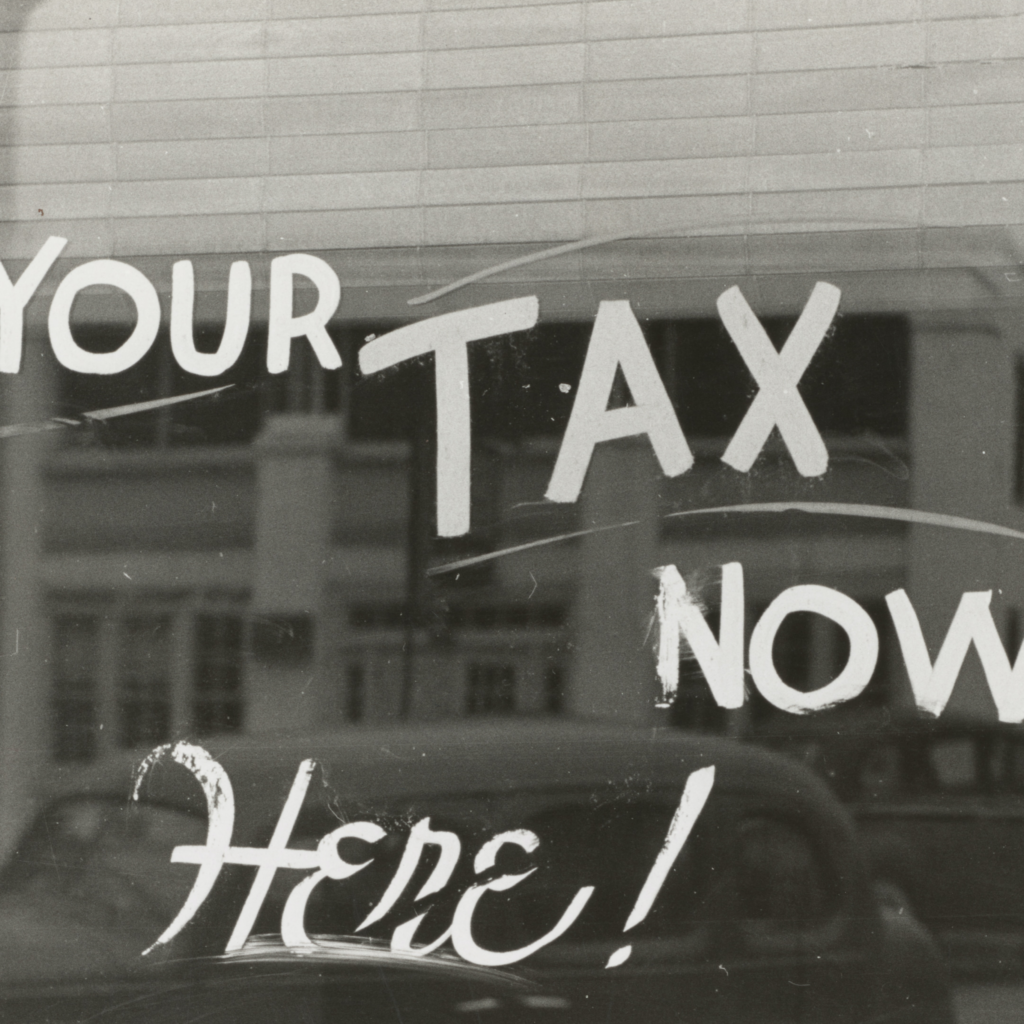When it comes to obtaining commercial insurance, there are several key facts and questions that business owners should consider, especially in relation to tax implications. This brief article aims to shed light on these aspects, providing valuable insights for those navigating the complex terrain of commercial insurance and its tax considerations.
Understanding Commercial Insurance
What is Commercial Insurance?
Commercial insurance is designed to protect businesses from potential losses due to events that may occur during the normal course of business. This includes coverage for property damage, legal liability, and employee-related risks.

Key Questions to Ask When Obtaining Commercial Insurance
- What Type of Coverage Do I Need?
Different businesses require different types of insurance policies. Common types include general liability insurance, property insurance, professional liability insurance, and workers’ compensation insurance. - How Much Coverage Is Sufficient?
The amount of coverage needed depends on various factors like the nature of your business, the size of your operation, and the level of risk involved. - What Are the Policy Exclusions?
Understanding what is not covered by your policy is as crucial as knowing what is covered. Always review the exclusions and limitations of the policy. - What Are the Premium Costs?
Premiums vary based on the risk assessment of the business. Compare quotes from different insurers to find the best rate.
Tax Considerations in Commercial Insurance
Are Insurance Premiums Tax-Deductible?
In many cases, the premiums paid for commercial insurance can be tax-deductible as a business expense. However, the specifics can vary based on the type of insurance and the nature of your business.
Documentation and Record Keeping
For tax purposes, maintaining thorough records of insurance policies, premium payments, and claims made is crucial. These documents can be vital for tax filings and in the event of an IRS audit.
Impact on Tax Liability
The way commercial insurance interacts with your tax liability can be complex. For instance, claim payouts may be considered taxable income, while the deductibility of premiums can reduce your overall taxable income.
Final Considerations
-Risk Assessment: Regularly assess your business risks and adjust your insurance coverage accordingly.
– Professional Advice: Consult with an insurance broker and a tax professional to ensure that you have the right coverage and understand the tax implications.
– Stay Informed: Regulations and tax laws change frequently. Stay updated to ensure compliance and optimal financial planning.
In summary, obtaining the right commercial insurance involves understanding your specific business needs, evaluating the coverage options, and considering the tax implications. A thoughtful approach to these aspects ensures that your business is not only protected but also positioned for financial efficiency.
Taking Action Ahead of Time is Smart
Do you have your insurance person on speed dial? We want to bring attention to all of the areas of experience Curtis and the team at J.M. Whitney and Co. bring to the table. For over 70+ years, this family-run business has been well-versed and experienced in Massachusetts-specific insurance, real estate, and commercial real estate acquisitions, management, and insurance. We look forward to becoming your trusted resource. Share our page with friends and loved ones.
- For any insurance or real estate and commercial management, brokerage, or questions, reach out.
- Featured properties updated regularly: View Our MLS Listings
Visit our social media pages for additional information and tips!
@jmwhitney on Facebook, Instagram, Twitter or LinkedIn
![]()



